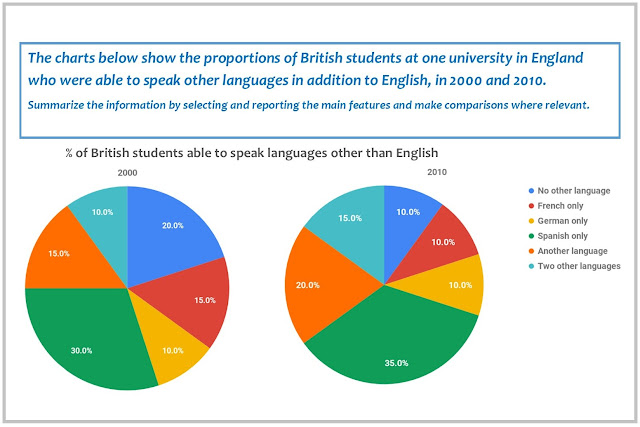8 more common mistakes Russian learners make. Third post is the charm.
1 Actual problem
All these mistakes are actually a serious problem. They travel from generation to generation of learners and are rooted so deeply in their minds that they are almost impossible to weed out. ‘Actual’ means real, not imaginary, existing in fact; it does not mean актуальный (=currently important). The adjectives you can use with problem include but are not limited to: serious, growing, major, pressing, and urgent.
2 Big number
A large number of mistakes have their roots in translation. Sadly, a large number of people keep learning English through translation even at high levels, so the mistakes persist. A large number of learners pin their hopes on explanations. However, a large number of times explanations are of little help. A large number of repetitions of the correct version is what really helps.
(More about the intricacies of number in this great Longman dictionary entry.)
3 Occasionally
Occasionally students confuse occasionally and accidentally. The former means “sometimes, but not regularly” and the latter means “by chance, by mistake.” So you watch movies in English occasionally but spill coffee on your homework accidentally.
4 I saw how he did it
A million years ago, I worked at a state school in my home town. I vividly remember the Russian coursebook we used. The coursebook called the grammar structure that has to be used in this case “complex object.” Whatever you call it, the pattern is the following: “see somebody do / doing something.” So you have to say “I saw him do / doing it.” The same pattern is used with verbs: hear, watch, notice, listen, and feel.
Fingers crossed I will never hear my students make this mistake again. If I do, they might see me cry.
5 As usually
As usual. You just have to remember it, as usual.
6 Such like / same with
The explanation is the same as the previous one: you just have to remember it. It’s as. It’s also as if you put something in the middle, such as a noun. If you don’t believe what I’m saying here, you can use such dictionaries as Macmillan, Longman, Oxford, and Cambridge to check. If you can’t find the answer in a dictionary, you can use such resources as corpora. You have access to the same resources as I do, so whenever you are in doubt, just double check if what you are saying is correct.
7 Third course
Each year you do at university is called a year (naturally). For example, “I went to the USA on an exchange program in my third year.” A 'course' is a series of classes on one subject, for example, a course in linguistics. So generally the meaning of English 'course' and Russian 'курс' coincide, but not if you want to speak about a year at university.
8 Say about
You can “say something” or “say that someone did something.” You might say that I should stop writing posts about common mistakes, say it out loud, and say it to my face. Or you can talk about my posts behind my back. But the only way to stop me from speaking about these Russian mistakes is to stop making them.
With this, I conclude my post.





"I saw how he did it" - I think this form is actually possible if you emphasize HOW the action was done, e.g. "I saw how he did it - terribly and without success".
ReplyDeleteI think you are right. But this is not what learners usually want to express. Thank you!
DeleteHave you tried searching BNC (British National Corpus) for "big number"?
ReplyDeleteSure, the meaning is not the same. Still worth mentioning
Delete